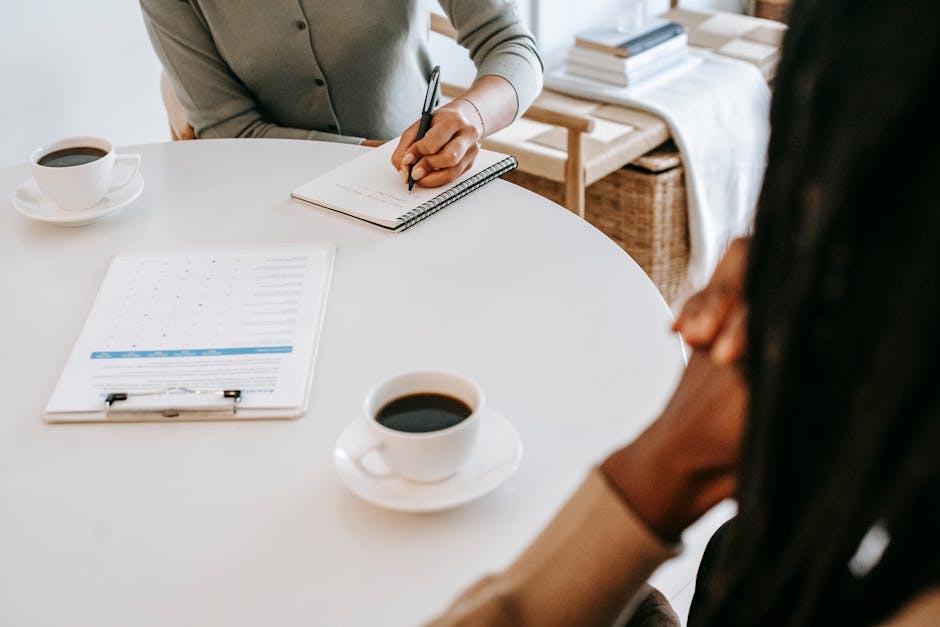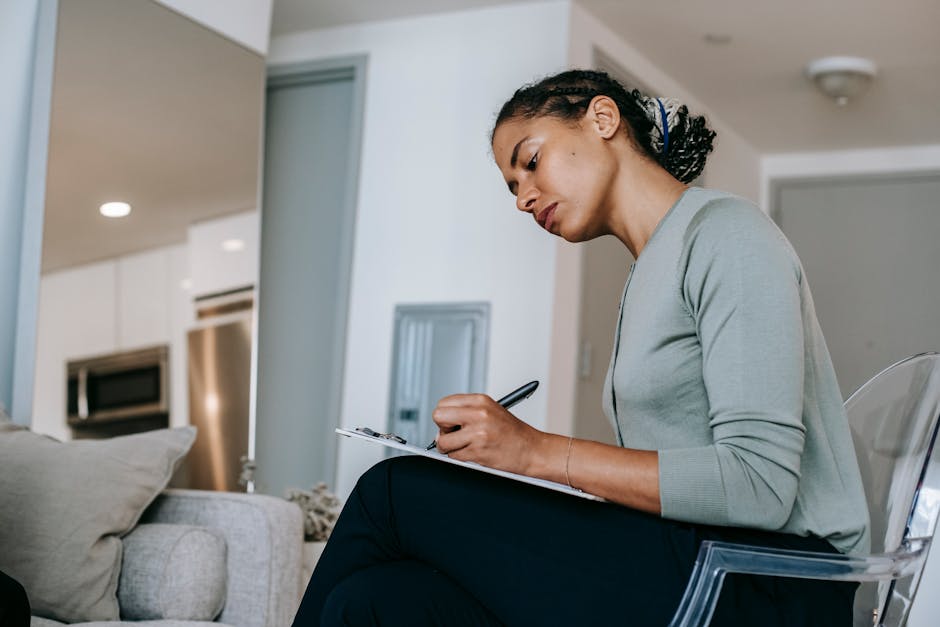What Is An Expert Witness?
An expert witness is someone who will talk about things they are trained in or have experience with, typically for the court as a witness. They can be called upon to testify about anything from how to do your nails to what color clothing is best for you.
These witnesses get paid to share their knowledge and expertise, which makes sense since we all like knowing more about ourselves and our area of expertise!
Having an experienced person come into court to help determine facts is very helpful for the case. This way, the jury has some additional insight that they didn’t already know.
On the other side, having an expert witness present helps prove the fact of the matter even more. The jury now has outside input that it never had before, making its decision stronger.
There are many different types of experts, including medical doctors, professors, accountants, and more. Finding the right one for the job is important so that the testimony fits well and contributes properly to the case.
Potential witnesses in an expert witness case
Being an eyewitness to a crime is always tricky.
The potential of being able as an eyewitness comes with how well you know the person, what they were doing before the incident, and whether or not they knew they were about to be involved in a criminal act.
As such, it is important to consider who might call you as a witness in the future. For example, if there was an accident then people close to the victims may want to speak with you to get their accounts. If a friend or family member of the victim calls you for this then that’s okay, but you should make them aware that you will likely be paid for your time so that can sometimes cause issues.
Another possible situation would be if someone accuses another individual of wrongdoing then there may be lawyers looking to talk to you as well. This could also lead to payment or fees depending on whether you agree to testify or not.
What are we talking about?
We're talking about anyone who has expertise in a certain field- something like medicine, science, business, or anything else. These individuals have enough knowledge about the subject that they can convincingly explain it to others. They are typically paid for his/her expertise through tuition, salary, or both!
Experts are very helpful because they usually have formal education and training in their area. Because of this, they are familiar with the basics and concepts surrounding the topic.
Factors to consider in choosing an expert witness
As we have seen, being able to identify if and when it is necessary to call someone as your witness can play a big part in how your case goes. But what happens after that?
Once you decide to ask people to testify for you, then it’s time to find experts! You will probably look up information online or talk to friends and family who may know of other professionals with similar qualifications to whoever you are seeking to testify.
But before you actually invite them to be on your side, there are some things you need to think about. In this article, we will discuss the factors needed to determine whether or not anyone you contact is the right person to serve as your expert witness. We will also go into more detail about why having the correct witnesses is so important.
Preparation for an expert witness testimony
Finding out more about your potential witnesses is one of the most important things to do before their testimonies. You want to make sure you have enough contacts with them, that they feel comfortable around you, and that you know what kind of person they are!
It’s very common for lawyers to hire someone else to testify on their behalf in court. This is called “calling an expert witness.” An expert witness is like having a professional service provider who can lend credibility to your case!
Most attorneys will ask people with relevant expertise to come and give evidence in court on their behalf. For example, a lawyer might call a doctor or dentist to confirm something related to medicine or oral health. Or perhaps they’ll need to prove negligence by a company, so they’d look for people with experience of working there as experts.
What if I wasn’t able to contact my potential witnesses?
If you're unable to reach a potential witness, then it's really hard to prepare their testimony. They may be reluctant to talk to you even though you're not trying to disprove anything - only add weight to your side of the argument.
You'll probably have to choose between breaking off communication or waiting until later to prepare their testimony.
Designing your witness stand
Being a court-related professional, you will likely be called as a witness in a case. This could occur in a trial for legal issues or to give testimony about a specific event that is related to the lawsuit.
As such, it is important to prepare yourself by thinking through what answers you would like to provide and how you plan to respond to questioning from attorneys and other witnesses.
Furthermore, you should consider what kind of shape your personal life is in at the time of the trial so that you do not put pressure on yourself to testify due to stress.
If possible, try to have some days off work so that you can relax and focus more easily on serving as a witness. On these days, you can stay in better touch with family members and friends to help keep morale up.
In addition to mental preparation, you should also think about where you will go after the trial to reduce additional stress. You don’t want to deal with extra responsibilities while waiting around for the next stage in the litigation.
Understanding the court system
When you want to prove someone is guilty of something, you usually call them as a witness at the trial. They have to testify under oath with everything they know about the accusation, and be questioned by lawyers for the other side.
This is how our justice system works! You will probably find this process boring at best, and totally frustrating at worst.
But it’s important to realize that this is how things work in America!
If there was no due process where people were given their day in court, then we would not need expert witnesses either. Because everyone has the right to defend themselves against false accusations, every person is automatically allowed to give testimony in court. It is up to the jury to weigh their credibility and if they believe what these witnesses say, then obviously you are very likely guilty!
However, if the jurors do not trust these witnesses, or think they are lying, then you are free to go! This way, your rights as a defendant are protected and you get a fair trial.
What happens during the testimony

A lot of people know what an expert witness is, but few understand how their services are actually used in court. An expert may be called upon to give live testimony in a trial, or they may submit a written report that you review before a hearing takes place.
An expert witness can help prove or disprove certain theories or conclusions related to a case. For example, if there’s been an accident caused by someone else, an eyewitness analyst or forensic scientist could testify about the probable speed of the other driver at the time of the incident. Or, if there’s suspicion that something illegal was done, an investigative professional like a detective or police officer could offer his/her opinion as to whether it was plausible the accused did the act alleged.
Experts also take care not to overstate claims or assumptions when giving opinions. For instance, while testifying about criminal analysis, an experienced forensics specialist would make sure to only use tools and methods approved for such work, and would never assume anything about the case. Their expertise alone cannot influence the outcome of the trial unless confirmed otherwise.
What should you expect during a deposition
A deposition is typically two to three hours long, with one hour for direct examination of the witness followed by 30 minutes each for cross-examination and then another hour for closing arguments.
During this time, the attorneys will ask questions of the witness, try to get them to agree or disagree, inquire about things that can affect their testimony, and even try to impeach their earlier statements or testify falsely themselves.
The goal of the attorney seeking testimony is to find out as much information as they can about the opposing side’s case in order to present a strong defense or counterattack at trial. They may also want to expose inconsistencies in the other person’s testimony or prove that person’s lack of credibility.
This process often requires asking several hundred questions, so people who have done enough depositions know how to use delay. Some lawyers wait until they feel like the other party has given all the important details before directing their next question, while others just go straight into it.
There are some rules about how many times someone can be asked about something after they gave a previous answer, but beyond that there are very few generalizations about what happens during a deposition. People differ not only in what they say, but when they say it, how they respond to questioning, and whether they show emotion while testifying.
Some of these differences can make a big difference at trial, so witnesses need to be prepared for anything.
What will the jury see?
As mentioned before, most cases settle or are won in court without using expert testimony. This is because lawyers have experts they use for certain issues in their case, or because the general public has average knowledge of things such as products or events, so they can form their own opinions about them.
If you’re involved in a lawsuit, though, then your lawyer may ask you to be an expert witness at some point. An “expert witness” is someone with professional expertise in a field that can help prove or disprove part of the other party’s claim.
This could be due to her job, or through past experience, but more often than not it’s because no one else really qualifies as an expert on something important to the litigation. For example, if there’s a dispute over whether a product is safe, maybe nobody outside of a company can testify as an expert on safety since everyone has different experiences and exposure levels with those products.
But sometimes people do know enough about a topic to give informed opinions, which is why they’re called upon as expert witnesses. These individuals’ qualifications are typically made known to the opposing side via discovery (legal paperwork sent between parties) and/or questionnaires, and then tested in court during their testimony.

